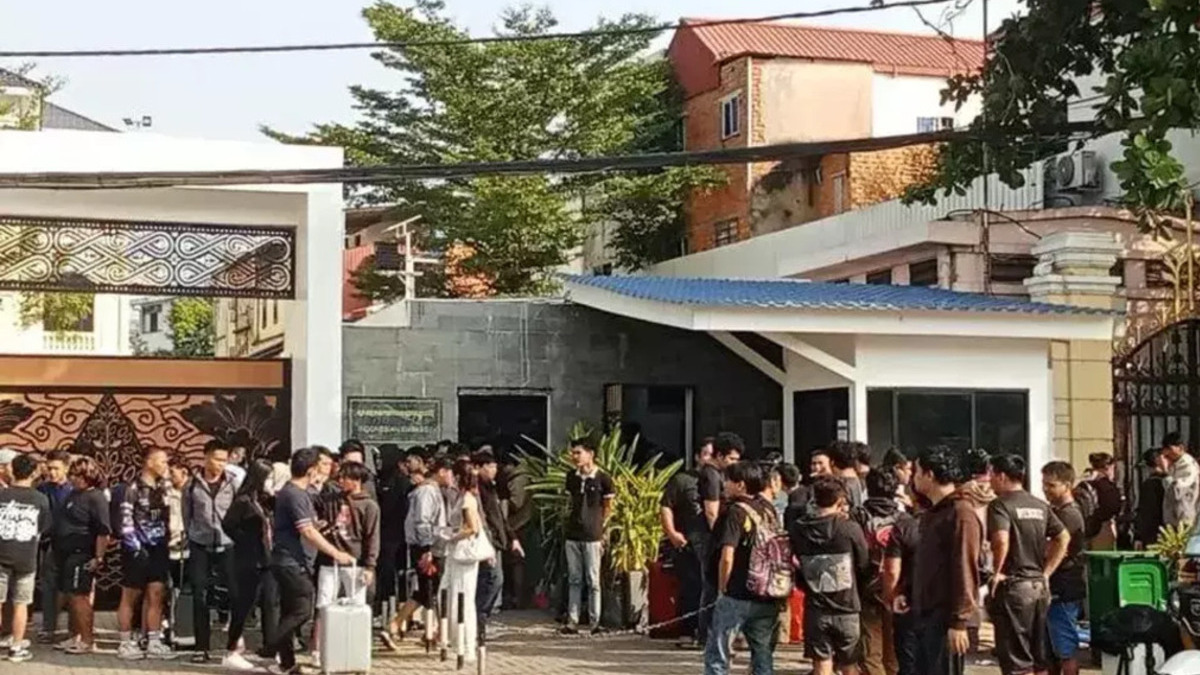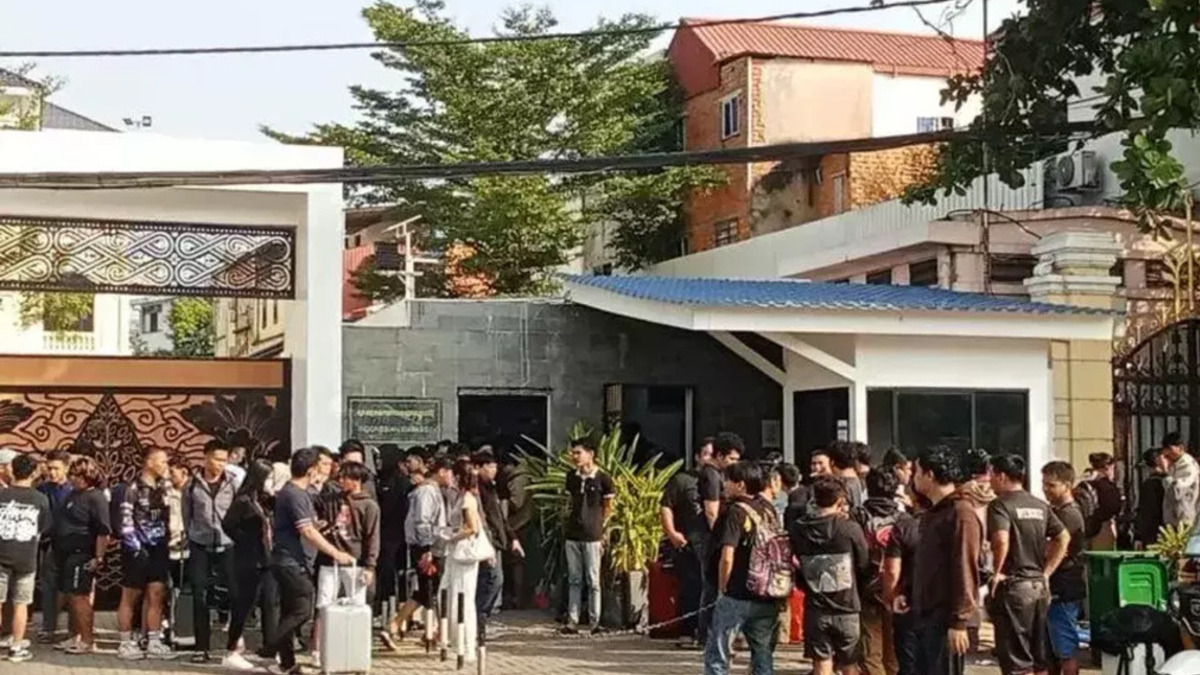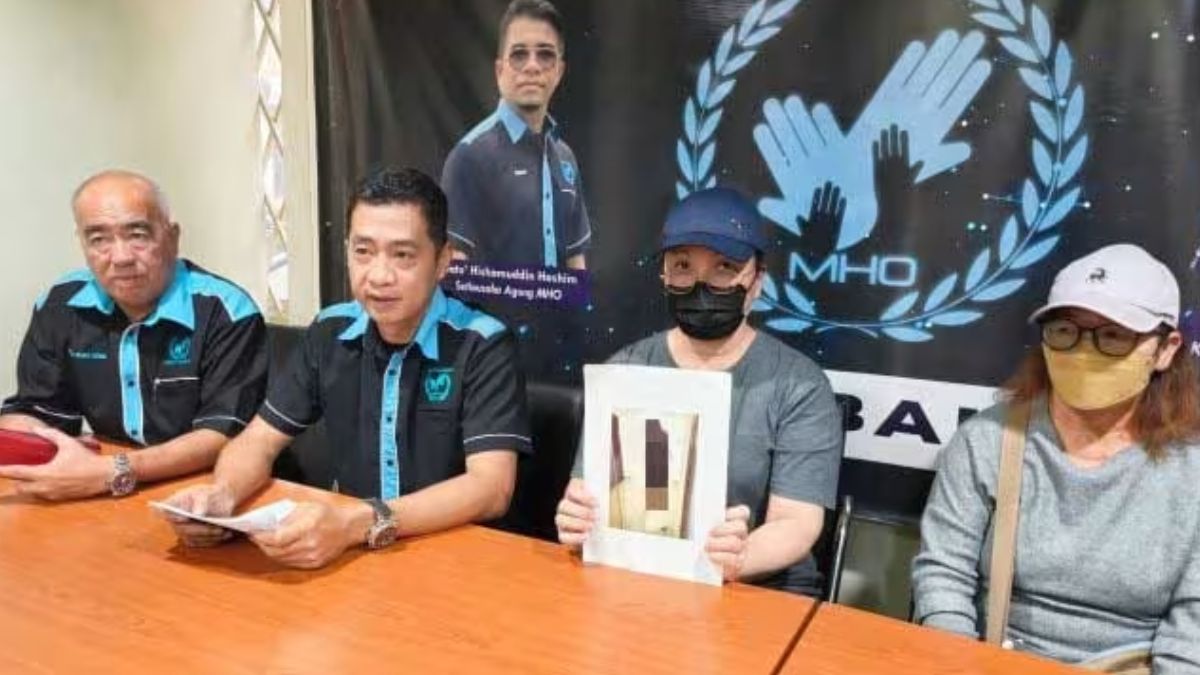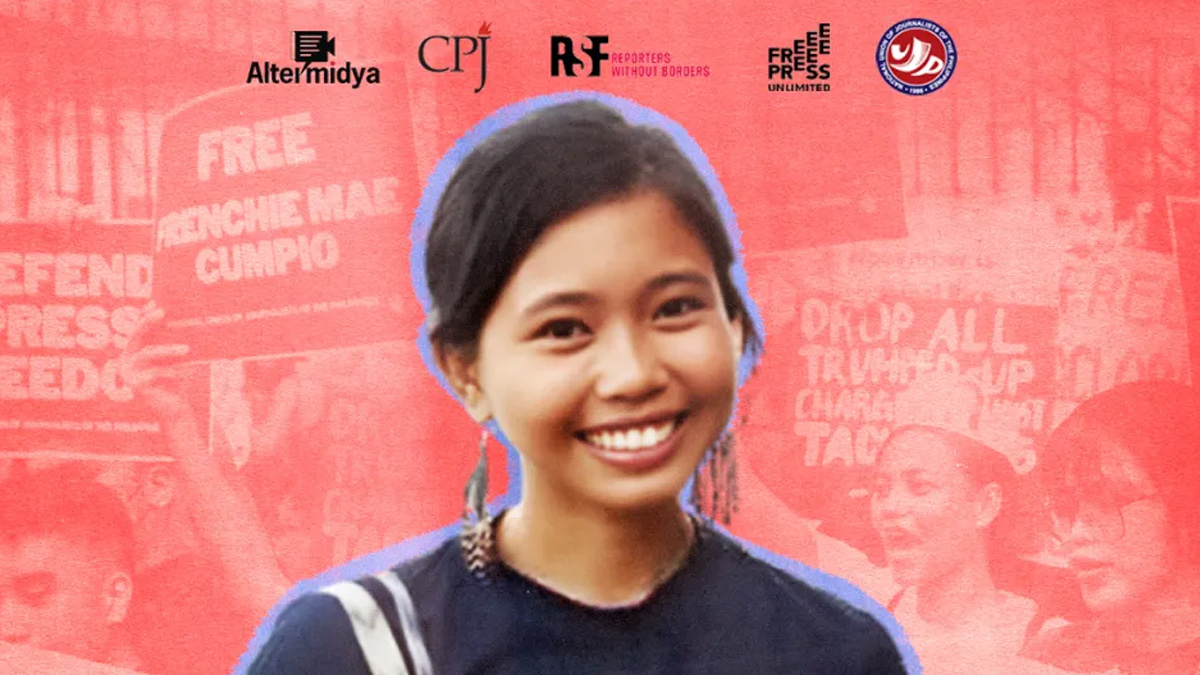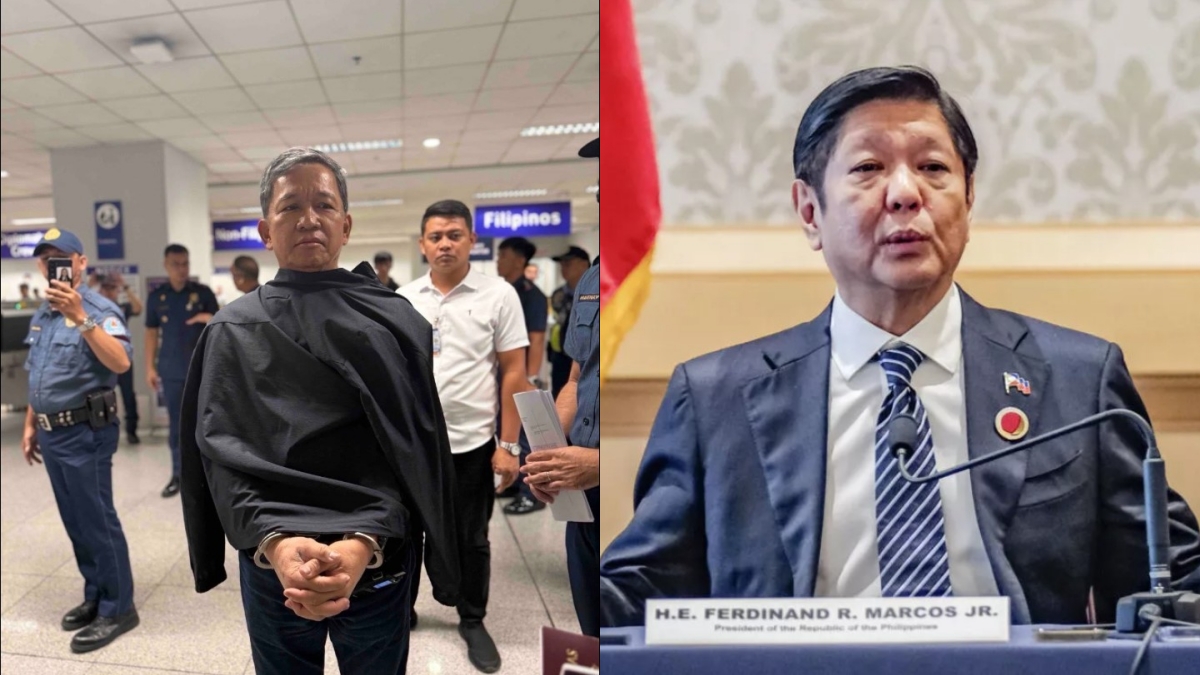Philippine court hands life sentences to Alice Guo and seven others for human trafficking
A Philippine court has sentenced former Bamban mayor Alice Guo and seven others to life imprisonment for running a large-scale human trafficking operation linked to a Chinese-operated scam centre.

- A Philippine court has sentenced former Bamban mayor Alice Guo and seven others to life imprisonment for human trafficking.
- The group was found guilty of running a large Chinese-operated scam centre in Bamban that forced hundreds into fraudulent work.
- The case has intensified scrutiny of online gambling operations in the Philippines and triggered regulatory changes.
A Philippine regional trial court in Manila sentenced Alice Guo and seven co-accused to life imprisonment on 20 November 2025.
According to state prosecutor Olivia Torrevillas, all eight were found guilty of human trafficking offences linked to a Chinese-operated scam compound in Bamban.
Torrevillas said the ruling came after just over a year of proceedings.
She confirmed the life sentences but did not identify the other defendants due to confidentiality rules governing such cases.
According to statements by the Philippine Anti-Organized Crime Commission, Guo and three others were convicted of organising trafficking at the compound.
Four more defendants were found guilty of acts of trafficking within the same site.
The case centres on a sprawling complex raided by authorities in March 2024.
A Vietnamese worker had escaped the premises and alerted police, prompting a large-scale operation.
Investigators discovered more than 700 individuals inside the compound.
Those identified included Filipinos, Chinese, Vietnamese, Malaysians, Taiwanese, Indonesians and Rwandans.
According to case documents, Guo was listed as president of the company that owned the property.
The compound included office buildings, luxury villas and a swimming pool.
Authorities stated that workers were forced to operate online scams and faced torture if they failed to meet demands.
Guo was arrested in September 2024 by Indonesian police after fleeing the Philippines.
She had served as mayor of Bamban, but a Manila court ruled in June 2025 that she was a Chinese citizen and therefore ineligible for the position.
According to the court ruling, Guo’s Philippine passport and birth certificate were insufficient to prove citizenship.
The court identified her as Guo Hua Ping, daughter of Chinese nationals Guo Jian Zhong and Lin Wenyi, both holding Chinese passports.
In August 2024, the Office of the Ombudsman ordered her dismissal from office for grave misconduct.
Guo was also charged alongside Chinese nationals Zhang Ruijin and Lin Baoying for qualified human trafficking.
The charges stemmed from allegations that they forced hundreds into scam work at the Bamban site.
Authorities said the Bamban operation was run on land owned by Baofu Land Development.
The firm was founded in 2019 by Guo, Zhang, Lin, Cypriot citizen Huang Zhiyang and Filipino national Rachel Joan Malonzo Carreon.
All five founders face qualified human trafficking charges, a non-bailable offence that carries the potential for life imprisonment.
Zhang and Lin had previously been convicted in Singapore.
They received 15-month prison sentences for money laundering and forgery in a S$3 billion case.
The Philippine government has linked the Bamban case to the wider transnational scam industry expanding across Southeast Asia.
A UN report found victims in the region lost up to US$37 billion in 2023, noting that actual losses were likely higher.
The industry expanded under former president Rodrigo Duterte after national licensing rights for gambling operations were broadened.
In 2024, President Ferdinand Marcos imposed a ban on offshore gambling operations.
This decision followed rising public anger in the wake of the Guo revelations.
The Chinese embassy did not respond to requests for comment.
Authorities continue to pursue investigations into related networks and assets tied to the Bamban operation.


